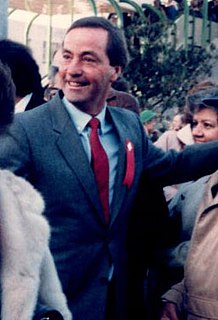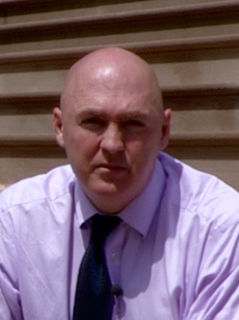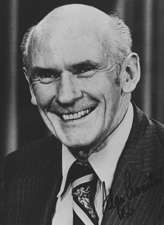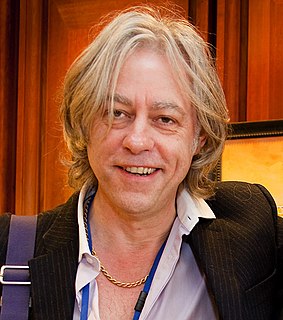A Quote by P. J. O'Rourke
You can learn all about the human condition from covering the crime beat in a big city - you don't need to go to Beirut for that - but a foreign correspondent begins to understand poverty from a different perspective.
Related Quotes
But yet, but yet, woe, woe unto those who think that the Beat Generation means crime, delinquency, immorality, amorality ... woe unto those who attack it on the grounds that they simply don't understand history and the yearning of human souls ... woe in fact unto those who make evil movies about the Beat Generation where innocent housewives are raped by beatniks! ... woe unto those who spit on the Beat Generation, the wind'll blow it back.
We're looking at the singular condition of poverty. All the other individual problems spring from that condition... doesn't matter if it's death, aid, trade, AIDS, famine, instability, governance, corruption or war. All of that is poverty. Our problem is that everybody tries to heal each of the individual aspects of poverty, not poverty itself.
I mean you can go wherever you want with it really. No matter what story you're telling you're always representing some reality. You are always representing human beings, their fears, their shortcomings, their braveries, their doubts, their loves, their abilities, their brilliance and those things inevitably lead to bigger political systems, foreign policy and crime and religion. It's an action film. We are not taking a stance about big government.
I need to have one foot inside and one foot outside a culture to be able to write about it. For example, I couldn't write about the gay culture if I were wholly inside or outside of it. Finding that distance is always interesting. I jokingly say that when I'm in America, I write about Beirut, and when I'm in Beirut, I write about America. A lot of my friends in Beirut think I'm more American than Lebanese. Here, my friends think of me more as Lebanese.
I think there is a lot of crime caused by desperation, and it doesn't mean that people commit crime because they're poor, but certainly a lot of people who are poor commit crime and they might not if they weren't poor. You understand the difference there? That's not news, but it comes up when I hear people say poverty doesn't affect crime - that crime is still going down in America even though the economy is bad.
I'd gotten myself into a kind of journalism that wasn't really compatible with rearing an infant. I'd been a foreign correspondent for a long time and had this subspecialty in covering catastrophes. It had spoiled me a little because you have a tremendous amount of autonomy, and I couldn't really see being an editor in an office.
































